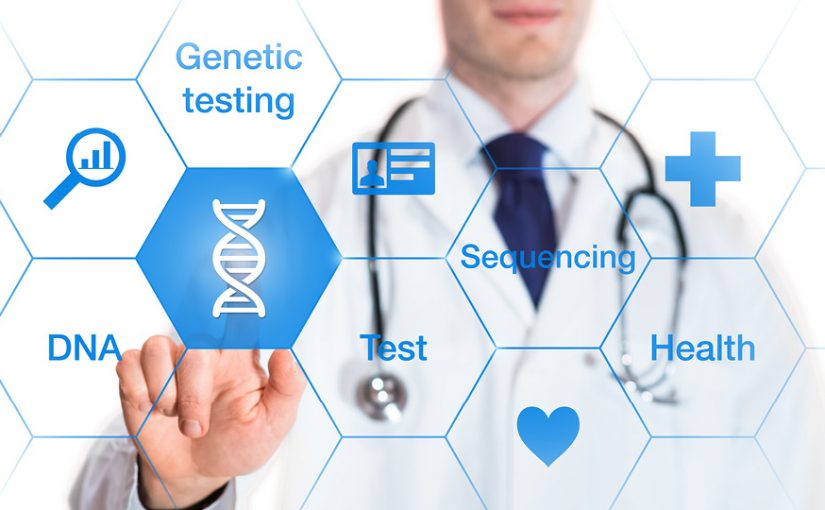Whether you’ve already been diagnosed, or you want to know your risk, health experts can test your DNA to determine your chances of developing cancer.
“The testing itself determines whether or not they have inherited this broken gene that could cause potentially a higher risk for developing these cancers,” said clinical nurse specialist Mary Ann Orlang.
Cancers, like, breast, ovarian, colon, and pancreatic, can all be detected early through a genetic cancer screening. “If a person carries a broken gene, their risk for breast cancer, if they carry for example, can be as high as 87 percent,” said Orlang.
First, health experts sit down with patients to review their medical history and their family’s medical history, including their mom, dad, grandparents, siblings, and aunts and uncles. Then they do a blood test to check their DNA. “Depending on which gene they carry, would determine the percentage of risk for developing a certain cancer in their lifetime,” said Orlang.
The blood test will examine the patient’s DNA to check for any genes that could have mutated, then telling the health expert which cancer the patient is at risk for.
“If a patient did come back with a BRCA gene mutation, I talk to them about doing breast exams, self-breast awareness, and I talk to them about their options for risk–reducing mastectomy,” said Orlang.
The genetic test can also help doctors determine further surveillance for the patient. For example, patients with the BRCA gene not only have a higher breast cancer risk, they also have a higher ovarian cancer risk. “Knowing your risk would give you the knowledge to do some proactive things, active surveillance,” said Orlang.
Depending on a patient’s lifestyle, diet, and exposure, patients can test negative for the cancer genes and still develop cancer. However, having the gene doesn’t mean the patient will get cancer. It means they are at a higher risk and can take measures to prevent a cancer diagnosis.
To read this entire article in The Clearity Portal, please click here.


